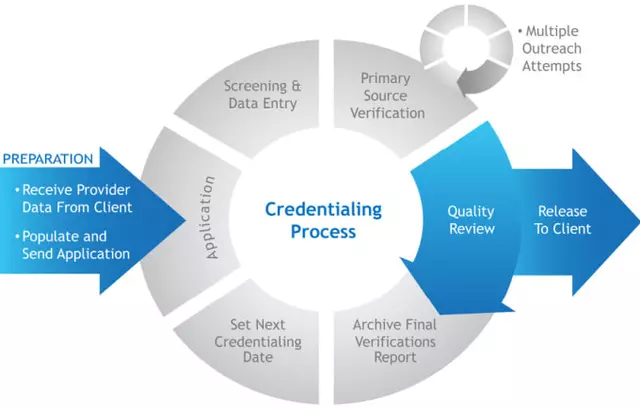Required skills: what employers want and how to show them
Searching for a job? Employers aren’t just checking degrees anymore — they look for clear, usable skills. Knowing which skills matter and proving them on your CV or in interviews gets you past screening tools and into the job. This page groups practical skills by role, shows how to list them, and gives quick ways to build them.
Top required skills employers ask for now
Hard skills (job-specific): these are the concrete things you can measure. For data entry roles: typing accuracy, Excel/Sheets, basic formulas, and attention to detail. For call center jobs: CRM familiarity, script handling, and multi-language ability. For office and admin roles: MS Office, basic accounting, and document management. For tech and digital jobs: basic coding, analytics, and using common platforms like Google Workspace.
Soft skills (transferable): communication, time management, problem solving, and teamwork. Recruiters often pick one or two soft skills as deal-makers — for example, a calm voice in customer service or clear written updates for remote teams. These skills travel across jobs and matter in interviews and on-the-job tests.
How to prove and build required skills fast
Show, don’t just list. On your CV write short bullet points that use numbers and context: instead of "good at Excel," write "used Excel to clean 10,000+ records and reduced processing time by 30%." For call centre roles, mention talk time metrics or customer satisfaction scores if you have them. For freshers, cite class projects, internships, or volunteer work that used the skill.
Use quick tests and certificates. Free or low-cost short courses and certificates (platforms, company assessments, or skill tests on job portals) give you a proof point. Take a typing test for data entry, complete a customer service micro-course for call centres, or finish a Google Sheets module. Add these badges to your CV and profile summaries.
Practice on real work: volunteer, freelance small gigs, or help a local business. Real examples beat vague claims. If you want to show communication skills, record short video answers to common interview questions and refine them. For technical skills, build a small sample — a spreadsheet dashboard, a sample script, or a demo report.
Match the job posting. Read the job ad and mirror exact required skills in your application. Many companies use automated filters that look for keywords. But once you get an interview, be ready to explain and demonstrate those exact skills with a short story: task, action, result.
Keep skills fresh. Put a learning plan in place: 30 minutes daily on a practice task, one small course per month, or a checklist of five skills to polish. Small, steady improvements add up and give you real examples to talk about in interviews.
Want a quick next step? Pick one role you want, read three job ads for it, list the overlapping skills, and build a one-page CV that highlights those skills with evidence. That one change makes your application look focused and useful to recruiters.
What are data entry jobs a guide to salary skills?
Well, folks, let's talk about data entry jobs, a fascinating universe where typing is the new superpower! They're not just about inserting data into a computer system - they're a roller-coaster ride of accuracy, organization, and speed. Now, the salary, my friends, can be a mixed bag of candies. It can differ wildly based on your skills, experience, and the company you're working for. Speaking of skills, fast typing, attention to detail, and proficiency in programs like Microsoft Word or Excel can make you the data entry superhero that companies are desperately seeking. So, buckle up and dive in, data entry might just be your next big career move!





